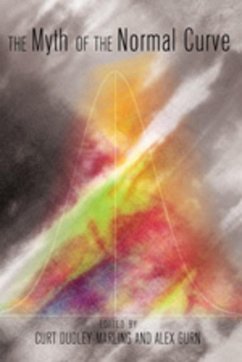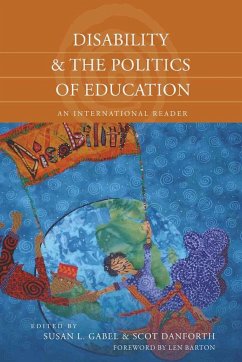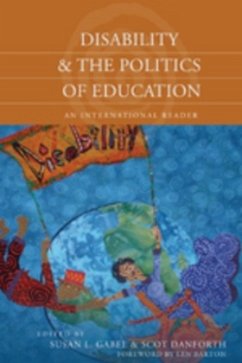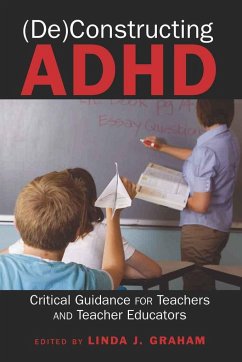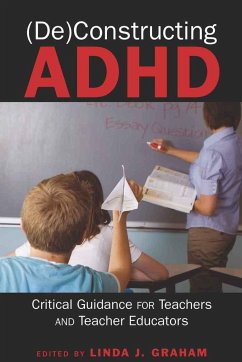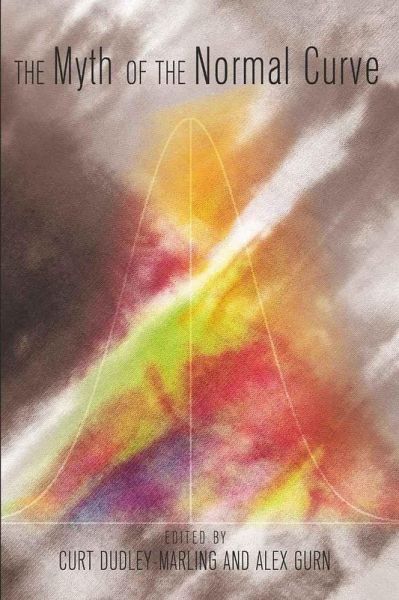
The Myth of the Normal Curve

PAYBACK Punkte
0 °P sammeln!
It is generally taken for granted that human behavior distributes along the lines of a bell-shaped, normal curve. This idea underpins much educational theory, research, and practice. There is, however, a considerable body of research demonstrating that the normal curve grossly misrepresents the human experience. Yet the acceptance of the normal curve continues to be used to pathologize children and adults with disabilities by positioning them as abnormal. Collectively, the contributors to this volume critique the ideology of the normal curve. Some explicitly challenge the assumptions that unde...
It is generally taken for granted that human behavior distributes along the lines of a bell-shaped, normal curve. This idea underpins much educational theory, research, and practice. There is, however, a considerable body of research demonstrating that the normal curve grossly misrepresents the human experience. Yet the acceptance of the normal curve continues to be used to pathologize children and adults with disabilities by positioning them as abnormal. Collectively, the contributors to this volume critique the ideology of the normal curve. Some explicitly challenge the assumptions that underpin the normal curve. Others indirectly critique notions of normality by examining the impact of normal curve thinking on educational policies and practices. Many contributors go beyond critiquing the normal curve to propose alternative ways to imagine human differences. All contributors agree that the hegemony of the normal curve has had a devastating effect on those presumed to live on the boundaries of normal.




